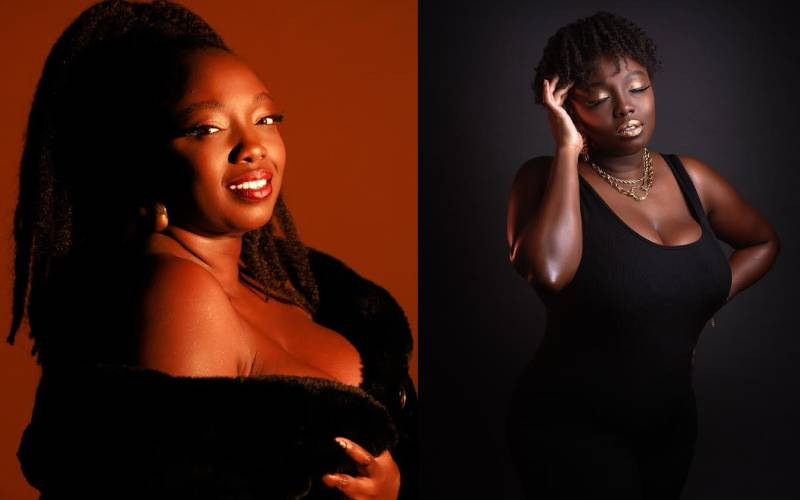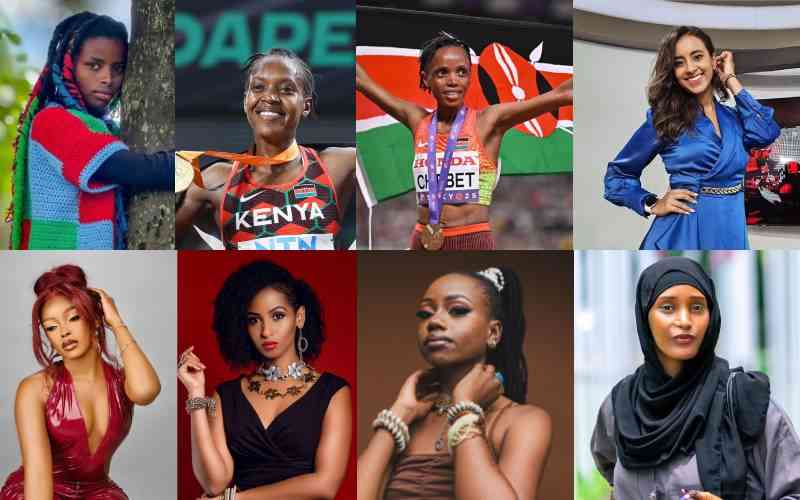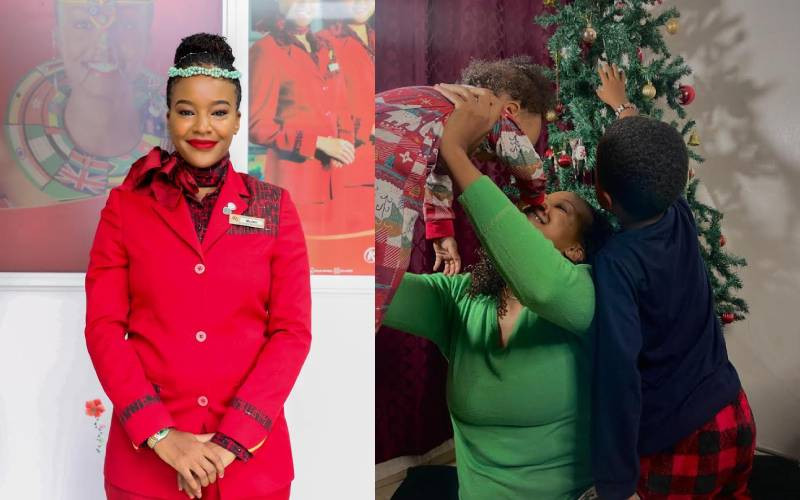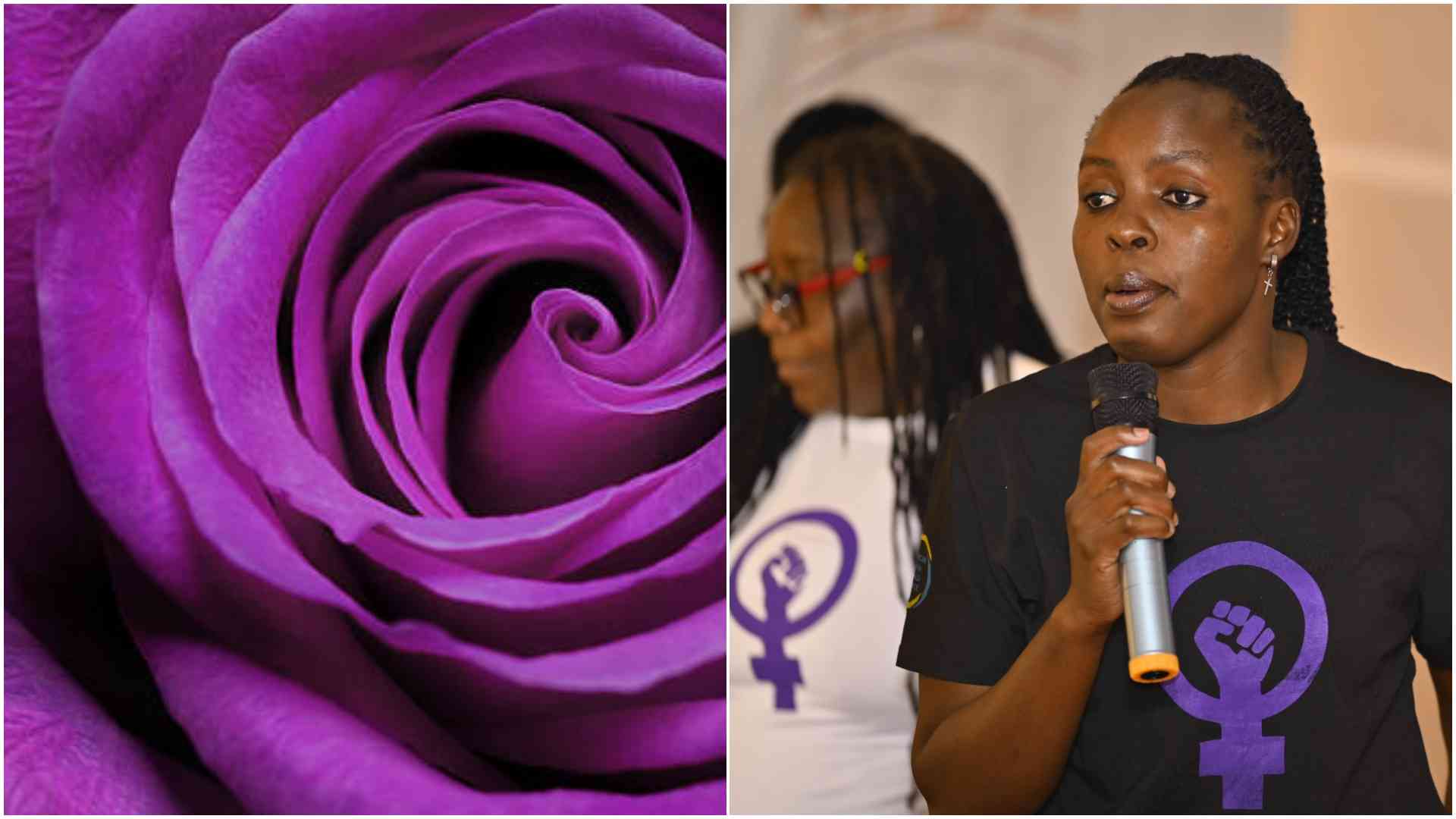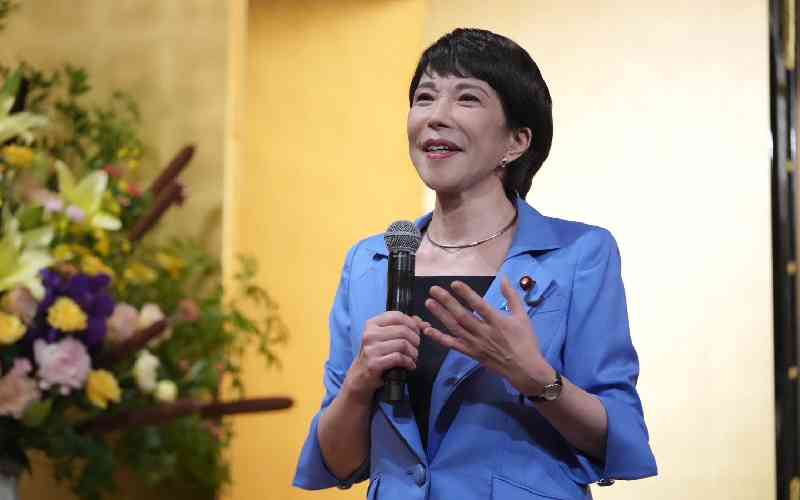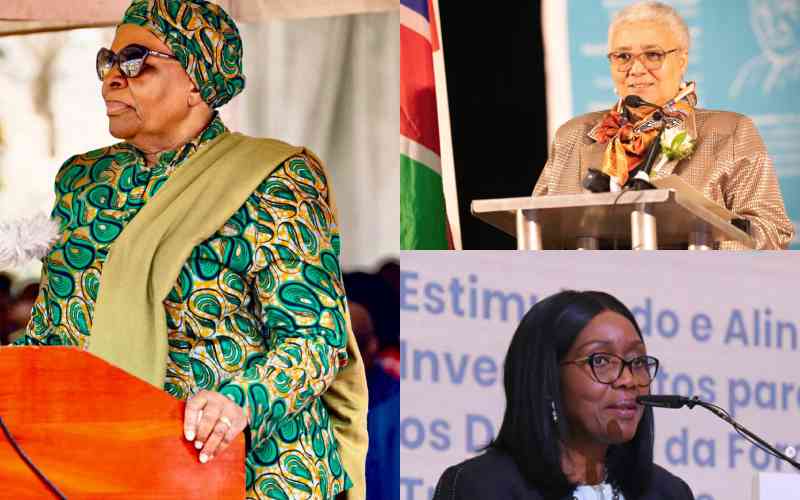
Between living a lonely life under heaps of books and behind research labs and having to deal with nerve-wracking supervisors, pursuing a PhD has never been a walk in the park. It is a demanding journey where you shelve social life and other comforts, empty your coffers and make innumerable sacrifices in pursuit of one goal. Here are three Kenyan students who have found a way to hack the arduous academic journey.

Phyllis Imelda Ochieng, 31.
I quit my good job to pursue a PhD
Phyllis Ochieng graduated with a first-class degree in analytical chemistry from the Jomo Kenyatta University of Agriculture and Technology (JKUAT) in 2011. She then proceeded to the University of Nairobi (UoN) for a Masters degree in pure chemistry after a two-year employment stint at a top non-governmental organisation.
For her Masters, the 31-year old was funded by KAAD, a German-based organisation of Catholic bishops that supports educational programmes. On graduating in 2015, Ochieng accepted a job at the International Livestock Research Institute (ILRI), where she worked in the organisation’s nutrition department. She would later leave the job to pursue doctoral studies at JKUATt on a joint scholarship that was offered by two universities in Belgium, ILRI and UoN.
Her research work titled, Reduction of Aflatoxins in Chicken Feeds and Chicken Food Products, aims at shaping food safety policy.
“Today, there is a huge problem of aflatoxin contamination in chicken feeds, which end up in chicken food products such as eggs and meat. This in turn poses a serious health risk that no one is addressing at the moment,” she says.
Phyllis, a part-time lecturer at the Technical University of Kenya, lives on stipends offered in the research grant package.
“I abandoned my salary and I lecture only for my CV. Though I survive under a very tight budget, I prefer to look at the bigger picture,” says the married mother of twins.
She says PhD isn’t hard for those who make the necessary sacrifices with a goal in mind.
“Studying for a PhD shouldn’t be difficult if you put your mind to it. Unfortunately, not everyone is usually willing to put life comforts aside for a while and even quit a job for a while to concentrate on their studies,” says Phyllis, who hopes to work for a top research institute at the end of her studies.

Grace Moraa, 28
I enrolled for Masters before I graduated with my first degree
At 28, Grace Moraa is perhaps the youngest and most widely cited Kenyan researcher in international journals. And now, her ongoing study on withstanding heat stress in indigenous chicken could be a game-changer in Kenyan poultry farming.
Her interest in research was birthed way before she completed her first degree.
“I always knew I wanted to be a researcher but it never occurred to me that I would move so fast. I enrolled for my master’s even before I graduated with my first degree,” says Moraa, who first graduated with a degree in biological sciences from JKUAT.
Moraa says she used the money she got from Higher Education Loons Board (Helb) to fund her Masters degree.
“I never touched my Helb money during my four years in college. Being the first born, my parents were very keen on supporting me financially but cut the help when I graduated,” she says.
Last year, she enrolled as a molecular biotechnology researcher at the university where she doubles up as a research assistant to her supervisors. She is also a mentor to many students at the university where she lectures part-time. She survives on her research grant stipends.
To manage her demanding work, Moraa is forced to work on weekends and sometimes late into the night. This has also affected her social life.
“I am very conscious of time. When I had a lot of free time during my undergraduate, I enjoyed trying out new recipes but today, I only fix quick meals that give me the required nutrients and go back to my laptop and coffee,” she says.
Her busy life has made her lose friends when she couldn’t hang out more often, attend baby showers and participate in conversations with friends.
“I don’t have many friends. But my boyfriend is my biggest cheerleader. Not everyone is always willing to put up with such absence in a relationship,” she says.

Salome Aluso, 27
I almost quit school at UoN
For a student who almost quit school after having a child in second year, Aluso’s perseverance in her journey to attaining the highest level of education is an inspiration to many.
Looking back, she counts her baby as a blessing that has motivated her along the way.
The 27-year-old is a PhD student specialising in higher education and student affairs at Ohio University.
She was inspired to pursue teaching from her parents who were respected teachers at home in Vihiga.
“Growing up, my role models, and possibly the only role models around me, were our teachers. My parents were respected teachers in the community and day in day out I witnessed them make a difference in and out of the classroom. So, I grew up with the desire to be a teacher and be part of this noble profession,” says Salome.
She first graduated from UoN with a degree in English and Literature before proceeding to Ohio on a Fulbright scholarship for her Master’s degree in linguistics. She doubled up as a language teaching assistant at the university.
Salome says a doctoral candidate is expected to contribute to the body of knowledge through research, an undertaking that requires a lot of hard work, resilience, constant disappointments and sleepless nights.
She says a great passion to teach, a caring family and supportive professors keep her going.
Her biggest challenge, however, is balancing academics and social life. She says one of them has to suffer.
“I’ve had numerous sacrifices and I keep telling myself that it will be worth it in the end. It is a lonely journey, especially when the people in your life don’t understand what you are doing and don’t see the value in it,” says Salome.
She adds: “I’ve been told I’m too ambitious, that I should find a husband first, or else I’ll scare men away. I’ve been told, ‘Kwani wewe haya masomo yako hayatawahi isha?’ (Are your studies never going to end?) But again, I know what I want in life, and I’m going after it. Hopefully, I’ll be done soon and can happily be a social being again.”
So...have you watched Game of Thrones? The Standard Group Plc is a multi-media organization with investments in media
platforms spanning newspaper print
operations, television, radio broadcasting, digital and online services. The
Standard Group is recognized as a
leading multi-media house in Kenya with a key influence in matters of national
and international interest.
The Standard Group Plc is a multi-media organization with investments in media
platforms spanning newspaper print
operations, television, radio broadcasting, digital and online services. The
Standard Group is recognized as a
leading multi-media house in Kenya with a key influence in matters of national
and international interest.



